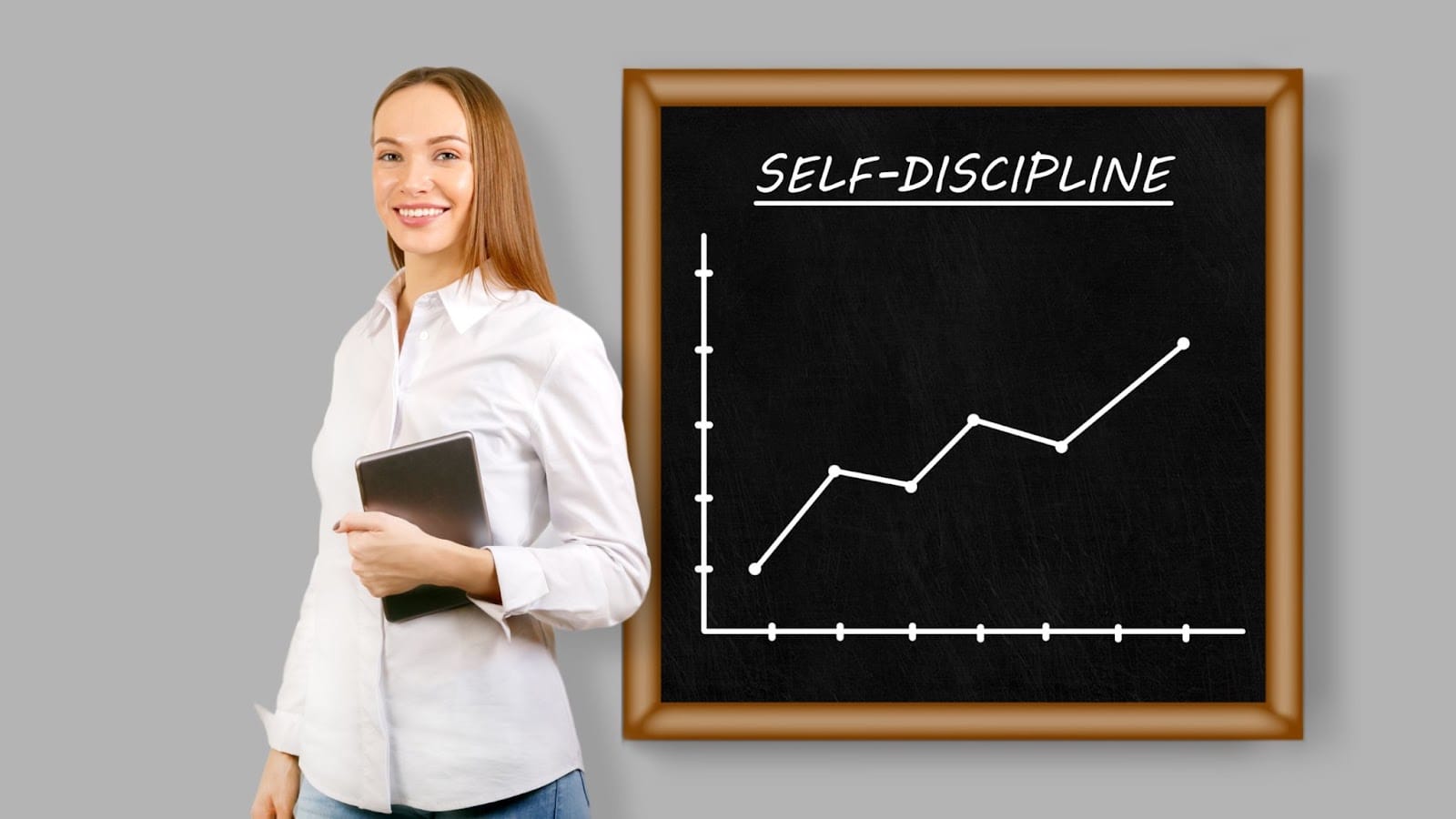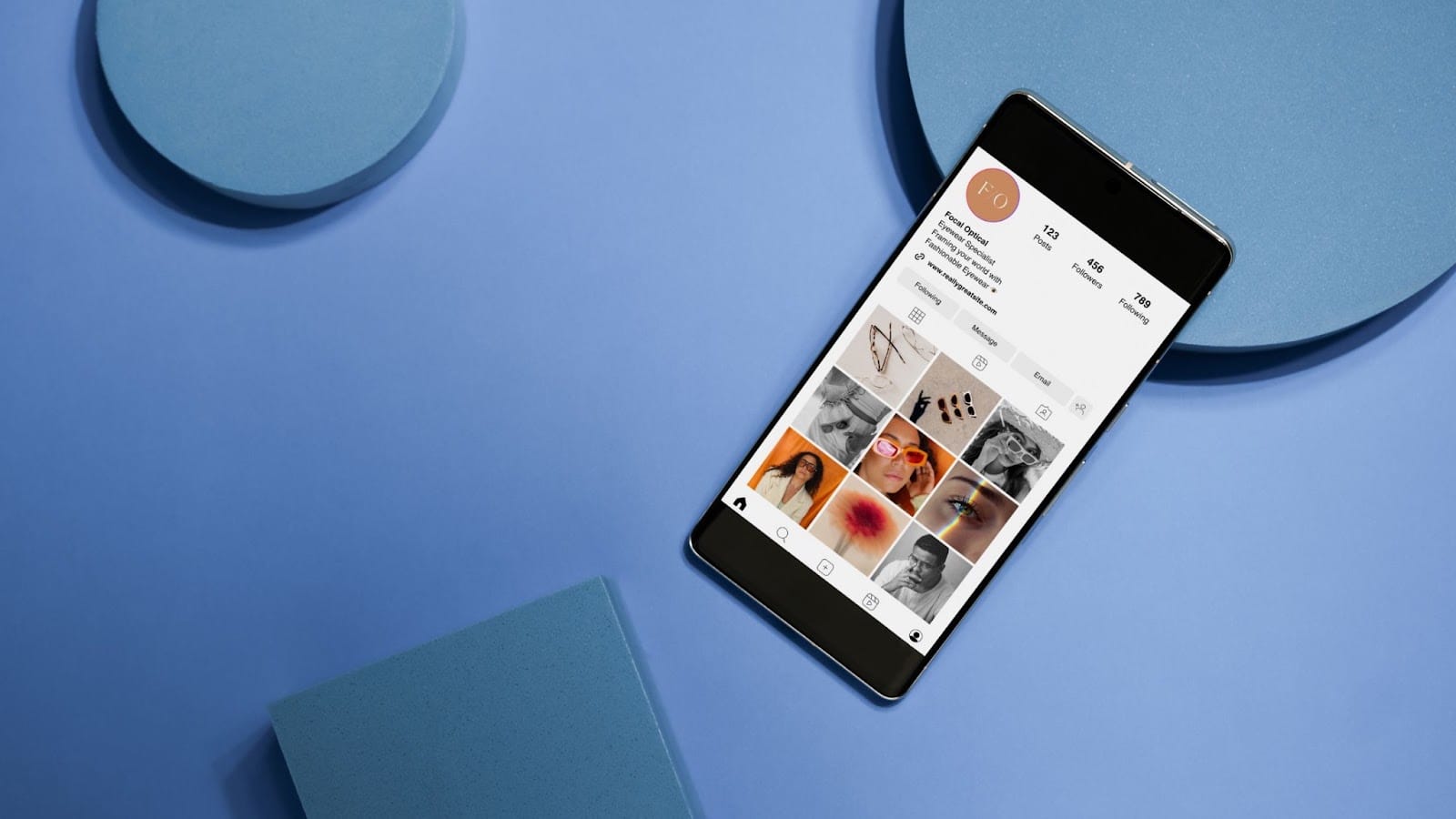25 Powerful Sales Habits of Highly Successful Salespeople
In the tough world of selling, salespeople always look for ways to improve their sales process and get great results. While skills and knowing the product are important, their habits are what really shape their long-term success. This blog talks about the 25 key habits of highly successful salespeople. It shows how a positive attitude, along with the right skills, can bring a rewarding and successful sales career.
The 25 core habits of successful salespeople
What makes the best salespeople stand out is their strong commitment to building and keeping good habits. These 25 habits are not just tricks but a way of thinking that shows in everything they do. Here are they -
1. Building genuine relationships
Successful salespeople know that building real connections is key to long-term success. They realize that people prefer to buy from those they like and trust. Instead of just thinking about selling, they aim to create good relationships. This means they truly care about the needs of their clients, listen to their worries, and show understanding.
Trust takes time and work to build. It needs regular communication, keeping promises, and sometimes going beyond what is expected. When salespeople put relationships first, they build loyalty that goes beyond single sales. By regularly caring for these connections, successful salespeople build a network of supporters. These supporters become repeat customers and helpful sources for referrals. This focus on relationships changes the sales process from being just a one-time deal to starting a partnership that benefits both sides.
2. Consistently prospecting
Top-performing salespeople are always looking for new chances. They know that having a good flow of prospects is key to keeping a healthy sales pipeline. They do not just wait for inbound leads or referrals. Instead, they actively search for potential customers through all kinds of channels like networking events, online platforms, and targeted outreach.
This focus on prospecting comes from knowing that not every lead turns into a sale right away. Successful salespeople see prospecting as a numbers game. They understand that reaching more potential customers increases their chances of finding good leads. They plan smartly, figuring out who their ideal customers are and changing their messages to connect better with them. By being proactive in their prospecting, they create a steady stream of opportunities. This helps them avoid the ups and downs many salespeople face when they only react to leads. This discipline allows them to keep their pipelines full of high-quality leads, leading to steady sales growth.
3. Active listening skills
One important skill that successful salespeople have is active listening. They know that good communication is not just about giving a practiced sales pitch. It’s about truly understanding what their customers need, what worries them, and what drives them. Active listening means paying close attention to both what people say and how they act. It also involves asking clear questions and showing empathy.
By listening well, salespeople learn a lot about their customers' problems and hopes. This helps them change their answers based on what people really want. They can handle concerns and show how their product or service is the best choice. This approach builds trust and respect with customers. When salespeople listen genuinely, they become more than just sellers. They start acting like trusted advisors. They create a space where customers feel listened to and valued. This method not only helps close more deals but also builds long-lasting satisfaction and loyalty from customers.
4. Solution-based selling
Successful salespeople don’t just sell products; they provide solutions. They know that customers have specific problems to solve or goals to reach. Instead of only talking about features and benefits, they take the time to understand what their customers need. They show how their product or service can truly help. Solution-based selling means asking good questions to find out what is really causing a customer’s problem. By discovering the main issues, salespeople can show how their offering is a perfect fit to solve those challenges. This makes them trusted advisors to their customers.
When salespeople present their product or service as a solution, they change the focus from just making a sale to building a partnership. They become problem-solvers and care about their customer’s success. This way of value selling creates strong value for customers. It helps build lasting relationships and boosts sales growth.
5. Time management mastery
Effective time management is very important for success in sales. The best sales reps know that time is limited. They focus on their tasks based on this idea. They use scheduling tools, make real deadlines, and remove distractions to boost their productivity.
These reps understand that their time is best spent on tasks that help bring in money. This includes meeting with clients, finding new leads, and writing proposals. By using good time management methods, they make the most of each day. This careful way of managing time helps them stay organized and focused. It keeps them on the right path to reach their sales goals. By appreciating their time, they build a solid base for a successful sales career.
6. Understanding Customer Needs Deeply
A key part of selling well is really knowing what customers need. This means going deeper than basic questions. It requires listening carefully, asking detailed questions, and finding out the real reasons behind their buying choices.
Salespeople want to learn about their customers' goals, struggles, and dreams. This helps them give the right answers and find solutions that fit well. By exploring the reasons why customers have certain needs, they can create stories that catch attention.
Understanding customer needs lets salespeople show how their products or services solve real problems. This creates value for the customer and can lead to more sales and stronger, lasting customer relationships.
7. Continuous learning and adaptation
The sales world is always changing. To keep up, you need to keep learning and adapting. Successful salespeople never stop learning. They look for new ways to improve their skills, learn more, and stay up to date with industry trends. They accept change and adjust their plans as needed. What worked in the past might not work today. Here are some key areas they focus on:
Sales Techniques: They stay updated on the newest sales methods, negotiation skills, and techniques for closing deals.
Industry Knowledge: They work to understand their target market, stay aware of industry trends, and know about their competitors.
Product Expertise: They keep their knowledge fresh about their products or services, including new features and updates.
By always learning and adapting, salespeople keep their skills sharp and their strategies up to date. This focus on growth helps them handle the fast-changing sales world and achieve great results.
8. Setting and achieving sales goals
Top reps know that it's important to set clear and realistic sales goals. They break their goals into easy steps, keep track of their progress, and make sure they are responsible for their results. By imagining their success and staying focused on their goals, they keep their motivation high. Setting big goals gives them something to aim for, which inspires them to work harder. They celebrate when they reach important milestones, but they also look at their setbacks to find ways to improve. This ongoing reflection helps them update their strategies.
By having a goal-focused mindset, they create a path for steady growth and success. This attention to measurable results keeps them on track and helps them go beyond what is expected, making them well-respected top reps.
9. Effective communication
Mastering good communication is very important in sales. Successful salespeople clearly share their sales message. They keep it simple and persuasive. They know to change their language based on their audience. Using storytelling helps them create a connection. They also listen actively to make sure their message is understood.
These salespeople ask the right questions. This helps them learn about customer needs and leads the talk to a good result. However, their communication is more than just words. They show confidence, excitement, and a real wish to help. When salespeople display their excellent communication skills, they build trust. They can solve problems and close deals. This skill helps them connect with customers personally. They form strong relationships and always aim to exceed expectations.
Also read: How Inconsistent Sales Communication is Hurting Businesses & How to Minimize it
10. Resilience and handling rejection
Rejection is a normal part of sales. Suc:cessful salespeople are strong and can handle it well. They know that not every potential customer will become a real one. They see setbacks as chances to grow and learn. Instead of feeling bad about rejection, they use it to improve their approach and get better. Strong salespeople think positively and look at the long-term picture. They believe that being persistent is important. Each "no" gets them closer to a "yes." They take time to look at deals they lost to find ways to do better. They ask for advice from mentors and teammates. They always try to improve their skills.
By seeing rejection as a chance to learn and staying positive, salespeople build the strength they need for the ups and downs in sales. This resilience helps them recover from tough times and keep going. In the end, this leads them to long-term success.
11. Empathy with clients
Empathy is a strong tool in sales. Successful salespeople are good at understanding and connecting with their clients emotionally. They try to see things from their clients' point of view and care about their needs. By listening carefully, asking good questions, and recognizing their clients' feelings, they build a good relationship and trust. Empathy helps salespeople customize their approach to each client's specific situation. They can find hidden problems, think about worries, and offer solutions that fit their clients' needs. This focus on the customer creates a helpful and friendly space where clients feel appreciated and understood.
When salespeople focus on empathy in their work, they create strong relationships with clients. These connections are based on trust, respect, and a real wish to help. This approach changes the sales process from just a simple transaction into a true partnership. This leads to happier customers, loyalty, and more sales success.
12. Collaborating with team members
Successful and experienced salespeople know that working together is important. They look for chances to team up with others. They share helpful tips, offer support, and celebrate each other's wins. They see that a united and encouraging sales team leads to new ideas, growth, and better sales.
By sharing knowledge, experiences, and tools, salespeople can learn from one another. They can spot new chances and create stronger plans. This teamwork builds bonds and makes a positive workplace where everyone feels appreciated. In the end, salespeople who work together improve their own skills and help their team succeed as a whole.
13. Strategic networking
Mastering networking is very important for creating a strong flow of opportunities. Successful salespeople are smart networkers. They understand that connections are valuable and can lead to new clients, partners, and ideas. These salespeople think long-term. They work on building real relationships, not just collecting business cards. They engage with others, offer help, and keep in touch.
By taking care of their network, salespeople create a strong group of contacts. This group can provide referrals, introductions, and important market insights. This smart way of networking helps them reach more people, build trust, and find a steady stream of new chances.
14. Maintaining a positive attitude
Having a positive attitude is very important in the tough world of sales. Successful salespeople are true champions and know that their mindset affects how they deal with prospects and their overall success. They do their job with energy, hopefulness, and a real belief in helping others. A positive attitude helps them bounce back from rejection and spreads to clients and co-workers. When salespeople show enthusiasm, it makes the sales experience better and more fun for everyone.
By focusing on a positive attitude, salespeople can create a happier and more successful career in sales. It is a strong tool that boosts resilience, improves relationships, and leads to greater success.
15. Self-discipline
Self-discipline is a key habit of successful salespeople. In sales, there are many distractions, and motivation can change. Good salespeople can stay focused and manage their time well. They stay consistent, even when they face setbacks.
They create routines that help them reach their goals. They also focus on important tasks and avoid procrastination. This self-discipline helps them stay organized and keep promises. It allows them to get great results regularly.
By developing self-discipline, salespeople build a strong base for long-term success. They often do better than their peers and meet their goals consistently.
16. Asking the right questions
Effective questioning is very important for any sales rep. Good salespeople don’t just take over the talk; they guide it by asking smart questions. They know that the right questions, asked at the right time, can get helpful information, show customer needs, and lead the talk in a way that benefits both sides.
Their questions dig deeper than just basic talks. They aim to find out real issues, reasons, and what the customer wants. They use open-ended questions to get people talking, clarifying questions to make sure they understand, and confirming questions to get agreement.
By getting better at asking questions, they set themselves up as trusted guides, help with the discovery process, and learn important insights that can lead to successful sales.
17. Personal branding
In today's busy business world, salespeople are not just workers for their companies; they also represent their own brands. Successful salespeople know how key personal branding is. They create a professional image that shows their skills, values, and strengths. They build a solid online presence. They also engage in sharing ideas and showcase their knowledge by creating content and networking. This smart way of personal branding helps them stand out, gain respect, and attract potential customers.
By developing a strong personal brand, salespeople boost their reputation. They grow their network and become leaders in their fields. This can lead to new chances and faster sales success.
18. Leveraging social media
Social media has become a vital tool for salespeople. The best salespeople use these platforms smartly. They do this to reach more people, connect with potential clients, and form strong relationships. They know that social selling means creating valuable content instead of just sending out ads. It’s about having discussions and sharing insights that matter to their audience. These salespeople work to be seen as experts. They share news about their industry and give useful tips and advice. By interacting with their audience regularly, they build trust and a reliable online presence.
When salespeople engage honestly on social media, they can generate leads and develop their relationships. This helps them be seen as trustworthy resources in their field. Ultimately, this drives sales and helps them succeed more.
19. Focus on customer service
While closing deals is important, successful salespeople know that real success is about good customer service and keeping clients happy after the sale. They get that it's usually cheaper to keep current customers than to get new ones. These salespeople go the extra mile. They provide excellent support, solve problems quickly, and make sure their clients feel valued. They also ask for feedback, check how satisfied clients are, and always look for ways to improve their service.
This focus on the customer builds loyalty, encourages good referrals, and turns happy clients into supporters of the brand. This, in turn, leads to steady business growth.
20. Adaptability to change
The business world is always changing, and being able to adapt is very important for success in sales. Successful salespeople welcome change. They see it as a chance to grow and be creative. These salespeople are flexible. They change their plans and use new technologies and market trends.
They ask for feedback to find ways to improve. They are open to new ideas and try different methods. Being willing to adapt helps them stay ahead and stay competitive in a fast-moving market. By embracing change and keeping a positive attitude, salespeople make sure they stay relevant and ready to succeed in the constantly changing field of sales.
21. Excellent product knowledge
Having a strong knowledge of products is key to doing well in sales. Successful salespeople are specialists in their area. They know the details of their products or services, how to use them, and how they are different from what others offer. This knowledge helps them show value clearly, answer customer questions with ease, and customize their sales talks to fit each potential client's needs.
By spending time learning about products, going to training sessions, and keeping up with new information, salespeople can become trusted guides who offer smart solutions. Their strong understanding of what they sell builds trust with customers and greatly helps their sales success.
22. Prioritizing client satisfaction
Successful salespeople know their job means more than just closing the deal. They put client satisfaction first in every interaction. They work hard to make sure clients feel valued, heard, and supported even during the onboarding journey.
They actively seek feedback and quickly solve any concerns. They really care about going above and beyond to meet and exceed expectations. This focus on customers helps them build strong relationships and customer loyalty. This, in turn, turns satisfied clients into advocates for the brand.
By always placing client satisfaction at the top, salespeople develop a great reputation. This leads to positive referrals and helps their business grow sustainably.
23. Goal-oriented approach
Successful salespeople are focused on their goals. They enjoy setting big targets and working hard to meet them. They know that having clear and specific goals is important. They break down big goals into smaller and easy steps.
This method gives them direction. It helps keep their mind on the task and gives them energy. They often check how they are doing, analyze their performance, and make changes as needed. This helps them stay on course to reach their sales goals. When salespeople have a goal-oriented mindset, they build a path to success. This helps them track their progress, stay motivated, and regularly get great results.
24. Ethical sales practices
In today's business world, trust is very important. Successful sales people work hard to follow strong ethical standards. They focus on honesty, integrity, and transparency in their work with clients. These salespeople want to build long-lasting relationships based on trust. They provide accurate information, set realistic expectations, and put the client's best interests first. They know that their reputation is very important and always strive to do business the right way.
By sticking to ethical sales practices, these salespeople build trust and create strong relationships. They earn the respect of their clients. Their focus on doing things ethically leads to more sales success and helps their business grow and thrive.
25. They use the right tools
Highly successful salespeople understand the importance of leveraging the right sales tools to boost productivity and achieve their goals. They don't waste time with inefficient systems; instead, they invest in software that automates tasks, enhances collaboration, and provides actionable insights. By streamlining their workflow with the right technology, they free up more time to focus on strategic decision-making and innovation.
For instance, most top-performing salespeople rely on tools like SmartCue to create personalized demos, helping them connect more effectively with clients and close deals faster.
Why is SmartCue a must-have tool for all salespeople?
SmartCue simplifies the whole demo creation process, allowing them to deliver highly personalized and targeted presentations effortlessly. In sales, customization is key to connecting with potential clients and addressing their specific pain points. SmartCue enables sales teams to quickly curate relevant product demos tailored to each prospect, improving engagement and increasing the chances of conversion.
Additionally, it saves time by streamlining the preparation phase so salespeople can focus more on building relationships and closing deals. This efficiency and personalization make SmartCue an invaluable tool in a competitive sales landscape. Try our 14-day free trial to experience our rich feature-set first-hand.
Conclusion
The 25 sales habits we talked about are key to success in sales. Adding these habits to your daily routine can improve your performance and lead to great growth. Building real relationships, managing your time well, and always learning are important for becoming a top salesperson. By improving these skills, you can meet and even exceed your sales goals. Remember, success in sales is not only about making deals; it’s about creating lasting connections and giving value to your customers. Embrace these habits, stay focused on your goals, and see your sales career rise to new heights.
Frequently Asked Questions
1. How do top salespeople build long-term client relationships?
They focus on providing value and deeply understanding the client’s needs. Rather than just selling a product or service, successful salespeople act as trusted advisors by offering personalized solutions, maintaining regular communication, and showing genuine interest in their clients’ success.
2. What role does continuous learning play in sales success?
Continuous learning is crucial for top-performing salespeople. They stay updated on market trends, product knowledge, and new sales techniques. By regularly seeking out training, attending industry events, and learning from feedback, they enhance their skills and adapt to evolving customer demands.
3. How do successful salespeople handle rejection?
Rejection is seen as part of the process by highly successful salespeople. They don’t take it personally and instead view it as an opportunity to learn. They analyze why a deal didn’t go through, refine their approach, and maintain a positive attitude, knowing that persistence leads to eventual success.







Comments
Your comment has been submitted